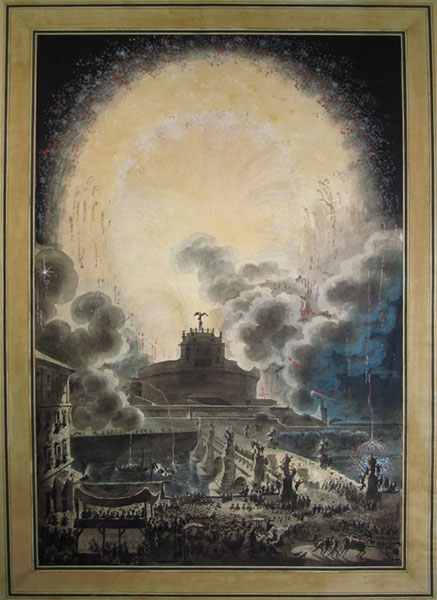EROTIC KAFKA
Keywords:
Kafka, Deleuze, Erotismo, Trangressão, Fluxo de desejo.Abstract
This article seeks to assert Kafka as an erotic. Eroticism, on the way it has been understood here, is linked to transgression, and this writer, according to Gilles Deleuze and Félix Guattari, does not cease to operate transgressions, to make a segment get connected with another unimaginable by that time. This transaction takes place, mainly through the replacement of the conjugal contract by a diabolical pact, and by the process of depersonalisation of its characters. Furthermore, the article also deals in saying that between Kafka and other authors, such as Sacher-Masoch, Pierre Klossowski (these ones recognized as erotics), there is a characteristic in common: the creation of a procedure of forms dissolution.
Downloads
Downloads
Published
How to Cite
Issue
Section
License
Copyright (c) 2007 - Authors keep the copyright and grant the journal the right of first publication, with the work simultaneously licensed under the Creative Commons Attribution License (CC-BY-NC-SA 4.0), which allows sharing the trial with acknowledgment of authorship and initial publication in this journal.

This work is licensed under a Creative Commons Attribution-NonCommercial-ShareAlike 4.0 International License.
Creative Copyright Notice
Policy for Free Access Journals
Authors who publish in this journal agree to the following terms:
1. Authors keep the copyright and grant the journal the right of first publication, with the work simultaneously licensed under the Creative Commons Attribution License, which allows sharing the trial with acknowledgment of authorship and initial publication in this journal.
2. Authors are authorized to take additional contracts separately, for non-exclusive distribution of the work version, published in this journal (eg publish in institutional repository or as a book chapter), with acknowledgment of authorship and initial publication in this journal.
3. Authors are allowed and encouraged to publish and distribute their work online (eg in institutional repositories or on their personal page) at any point before or during the editorial process, as this can generate productive changes, as well as increase both impact and citation of the published trial (See The Effect of Free Access).
Creative Commons License
This work is licensed under a Creative Commons Attribution–NonCommercial-shareaswell 4.0 International License, which allows you to share, copy, distribute, display, reproduce, completely or part of the work, since there is no commercial purpose, and authors and source are cited.



